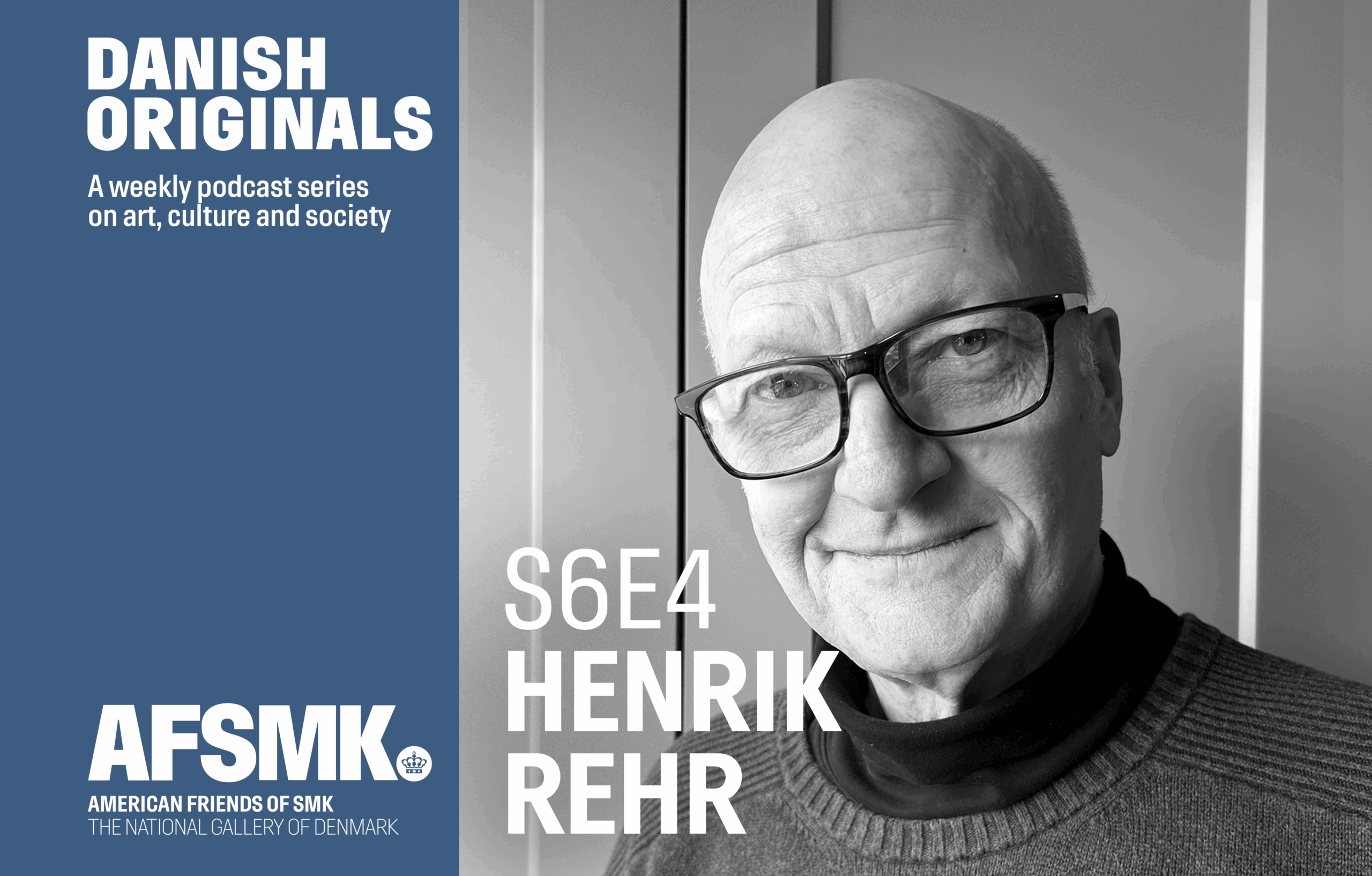Politicians are the big draw at Folkemødet, the yearly political circus in Allinge on Bornholm.
The public, the press, the young, the old, the committed and the merely curious try to catch every speech – and there are a lot of speeches – either to support their side or to sit in bemused, stunned or outraged disagreement at what the other parties are spitting out.
There has been some question as to whether the whole enterprise really benefits the hundreds, nay, thousands of local and national politicians sampling smoked herring and beer and singing folk songs while they promote their myriad agendas.
Worth the trip
The politicos themselves seem to think so. A survey of politicians by analysis and strategy group Operate showed that Danish politicians consider Folkemødet an important part of their yearly calendar.
Nine out of 10 members of parliament and regional party heads have made the trip to Bornholm. Seven out of 10 have attended Folkemødet more than once.
Although the feeling has often been expressed that Folkemødet is nothing more than a chance for politicians and pundits to hang out and party with their friends, those surveyed said that they actually spend most of their time on Bornholm meeting with organisations, businesses and the general public.
“Folkemødet is a unique opportunity for politicians to have informal conversations with some of the most important businesses and organisations in Denmark,” said Anders Dybdal, head of the 2016 Folkemødet analysis.
“The forum gives everyone a chance to discuss change and opportunity in an entirely open fashion.”
Even off the island
The analysis suggested that the ideas discussed on Bornholm do not disappear into the Baltic Sea when the last lights are switched off at Allinge Røgeri on Sunday night. Nearly half of the politicians surveyed said that they continued the discussions with decision-makers and citizens once they returned home.
“This is the first time we have documented what we have always hoped and believed; that Folkemødet leads to concrete change and greater dialogue between all of the players,” said Dybdal.
“This should dispel the myth that Folkemødet is just a bullshitter’s club.”
Fully two-thirds of the parliament members that have attended Folkemødet say that they went home with new insights and ideas for tackling political issues that they had not discussed earlier.













